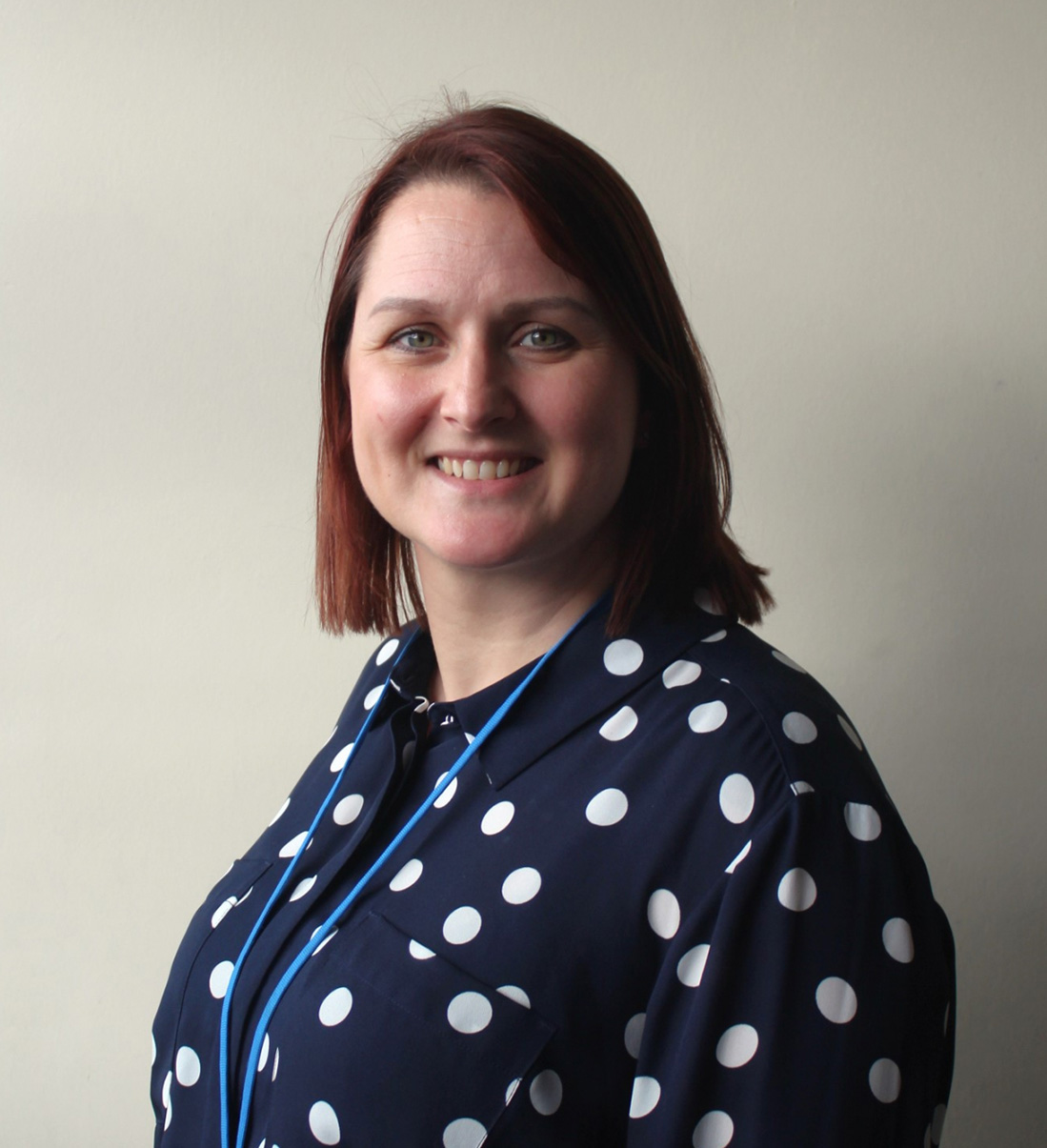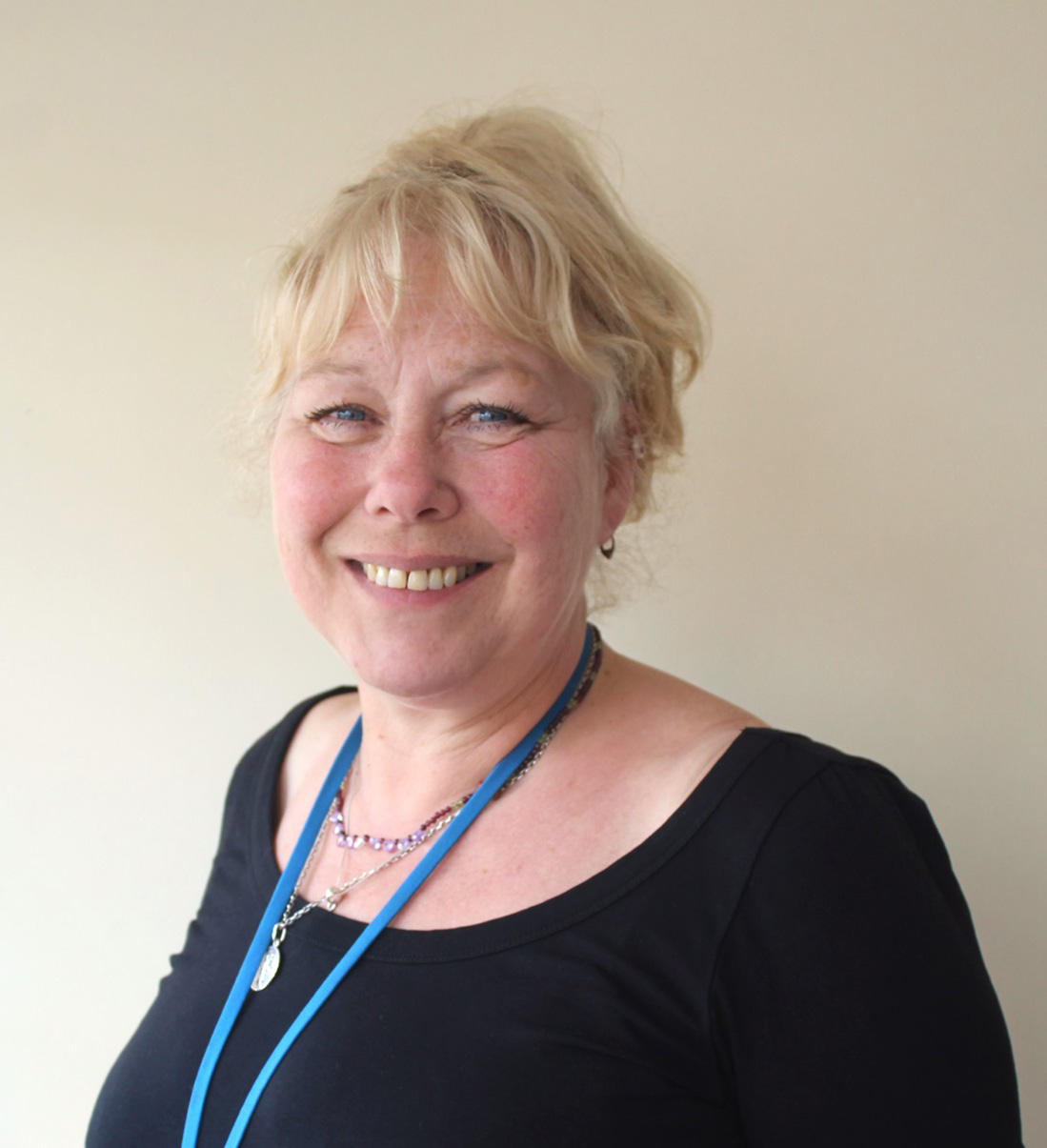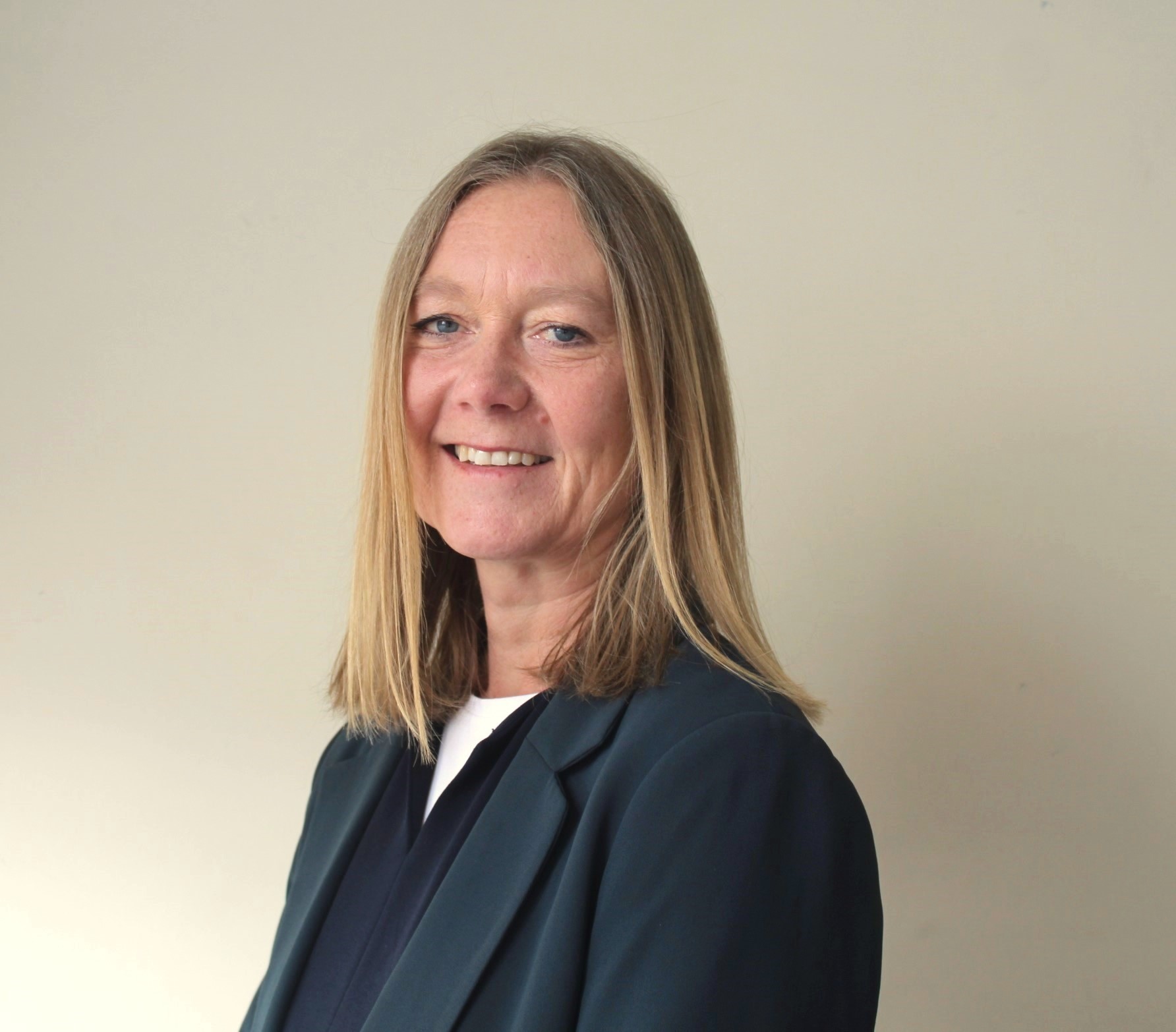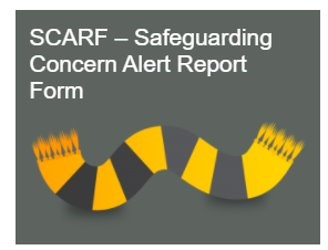Safeguarding
Safeguarding, and promoting the welfare of children, is a broader term than Child Protection. It encompasses protecting children from maltreatment, preventing impairment of children’s health or development, and ensures children grow up in safe circumstances. Child Protection is part of this definition and refers to activities undertaken to prevent children suffering, or likely to suffer, significant harm.
SCARF – Safeguarding Concern Alert Report Form. Click on the image below to report your concern.
The Team

DSL
Claire Lockett

Safeguarding Manager
Jacqueline Mason

DSL
Richard Moxon

Alternate DSL
Karen Baldwin

Safeguarding Governor
Ashleigh Hurrell
We are experiencing strange and difficult times at the moment, as the world faces a period of insecurity the like of which we have never seen and to this end, there are extra strains being placed on all aspects of our lives. It is important that we all remain safe and well and it is important that we all stay safe online and that we look after one another.
Online Safety – Our Digital World
Young people today are immersed in a digital world. The power of digital media to explore, connect, create, and learn is part of our culture. With this power, young people have fantastic opportunities and yet they face many potential pitfalls. As a school, we are proactive in sharing advice and guidance with our school community, illustrating both the positive and negative aspects associated with being digital. We explore the consequences of our actions and the ramifications associated with: cyberbullying, digital cheating, identity, self- image, digital footprint, communication and internet safety. We understand that it is essential for all to have the necessary skills to be able to manage the online world.
These safety and security concerns underpin the need for children and young people to learn digital literacy and citizenship skills and to support pupils to act responsibly and to use the internet in a safe and positive way.










